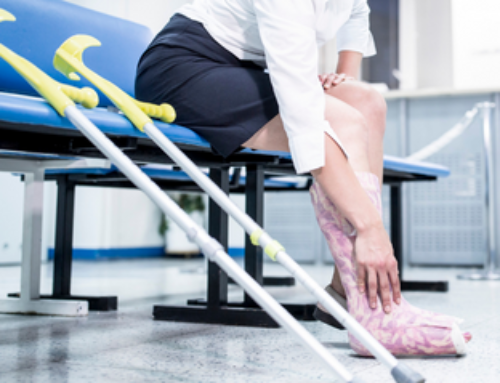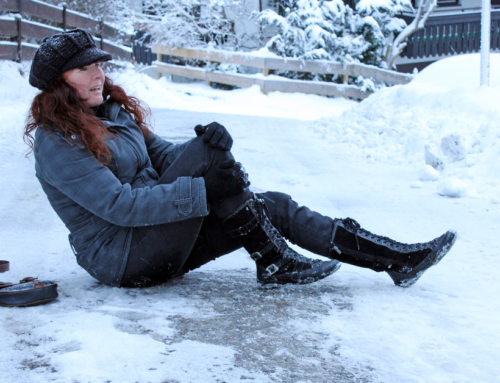Medical negligence claims can vary widely. Including misdiagnosis, eye injuries, surgical negligence, cosmetic surgery negligence, and pharmaceutical negligence. Plus claims can be made against various businesses including the NHS, dentists, Doctors, physiotherapists, and care homes.
Like with other personal injury claims, you have to prove that the person/ persons who caused your injury owed you a duty of care. Plus, they breached of their duty of care and this resulted in your injury.
Medical Negligence claims can include claims relating to:
- Stillbirth compensation
- A & E
- Birth: injury to the mother
- Medical misdiagnosis
- Pressure sores
- MRSA
- Orthopedics
- C .difficile
- Cancer misdiagnosis
- Dental negligence
- Cosmetic procedure negligence
- Nerve damage
- Spinal surgery
- Eye damage
- Blood transfusion
- Amputation negligence
- Anesthetic awareness
- Cerebral palsy
- Bodily scarring
- Faulty medical equipment
- Dental infections
- Care home negligence
- Laser eye surgery
- Gastric band surgery
- Failure to administer
Plus many more circumstances relating to medical negligence.
Proving that the ‘Duty of Care’ was breached
For medical negligence claims, it is rather straightforward to prove who was providing you with care or operating on you, etc. But, it is the breach of the ‘Duty of Care’ which can be more difficult to prove. There are ‘standards’ and it must be determined that the care provided fell below this ‘standard’ or what ought to have been done. But with many things, this can be different from person to person.
Proving that injuries were a result of the medical negligence
When looking at personal injury cases such as RTA’s it’s easy to provide evidence that for example, neck pain developed as a result of a car crash. However, with medical procedures, or medical care, for example, it can prove more difficult to prove that a different method/ action/ treatment would not have resulted in the same injuries.
The need for an inquest
In some circumstances, the Coroner’s Office will inform the family that an inquest is needed to understand & confirm the cause of death of the deceased. This will allow them to finalise the death certificate. There are specific circumstances where a Coroner will hold an inquest. For example, when the death was unnatural, or violent, or the death happened when the deceased was in the custody of the state, e.g. a police cell, or psychiatric hospital.
4 facts must be finalised by the Coroner:
- Who the deceased person was
- When they died
- Where they died
- How they died
As stated above, the Coroner’s investigation is carried out to establish only the facts of the death of a person, and not to say who was at fault.
Before the inquest hearing, the Coroner will approach relevant parties to conduct some investigations. This could include those who were caring for the patient, and loved ones, and could involve taking statements. A Post Mortem may also be performed, if this could aid with establishing a medical cause of death.
The Coroner may decide that a Pre-Inquest Hearing Review could prove useful in ensuring all relevant and necessary documentation is collected prior to the inquest hearing.
In an inquest hearing, which is held in the Coroner’s Court, witnesses are invited to give evidence. The Coroner will ask witnesses to give evidence and could ask questions. Then it is possible for the family of the deceased person to ask any further questions to the witness.
Contact Us
If you’d like more information on making a medical negligence claim, please get in touch with our personal injury team. Call us on 01782 662424 or email us at info@beestonshenton.co.uk




